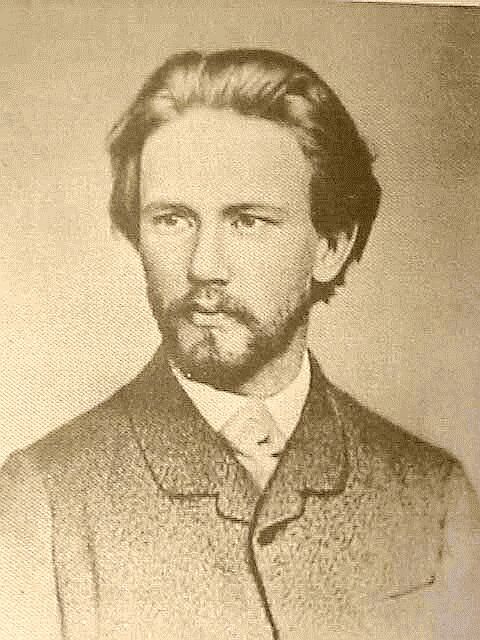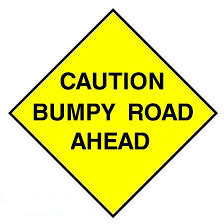 |
| Peter Tchaikovsky |
A student in the final stages of preparing the Tchaikovsky Concerto for performance pointed out certain passages that didn't feel right. He knows that such discomfort can be a red flag, so he asked, almost as an afterthought, about this measure, 46, in the second movement scherzo:
 |
| Tchaikovsky Concerto, Second Movement, Bar 46. (Click on the example to enlarge.) |
 We had already discussed many passages in the concerto that presented much larger problems, all with satisfactory solutions, making this one little measure seem inconsequential. I had noticed a slight unevenness in his performance and had already made a note to ask him about it. But he brought it up first, for which he gets a gold star.
We had already discussed many passages in the concerto that presented much larger problems, all with satisfactory solutions, making this one little measure seem inconsequential. I had noticed a slight unevenness in his performance and had already made a note to ask him about it. But he brought it up first, for which he gets a gold star. Look at the example and see if you can figure out the problem. (I've given some clues in my notes.) When the 16ths begin on the 2nd eighth, the thumb quarter-note needs to be out, toward the torso, in order to accommodate the left hand. It also happens to be easier to play in that position. At the last eighth, though, the thumb plays a black key, C-sharp, requiring the hand to move in. I asked him to play the passage for me, and I observed a sudden lurch in (toward the fallboard) and his wrist made a slight twist toward the thumb side. Both of these gestures are uncomfortable, unnecessary
Look at the example and see if you can figure out the problem. (I've given some clues in my notes.) When the 16ths begin on the 2nd eighth, the thumb quarter-note needs to be out, toward the torso, in order to accommodate the left hand. It also happens to be easier to play in that position. At the last eighth, though, the thumb plays a black key, C-sharp, requiring the hand to move in. I asked him to play the passage for me, and I observed a sudden lurch in (toward the fallboard) and his wrist made a slight twist toward the thumb side. Both of these gestures are uncomfortable, unnecessary
So, dear friends, no problem is too silly to consider. Don't accept less than easy and fluid at the keyboard. Teach the fingers-hand-arm collaboration what it needs to know at the basest level and it will remember the lesson for more complex situations.
No comments:
Post a Comment